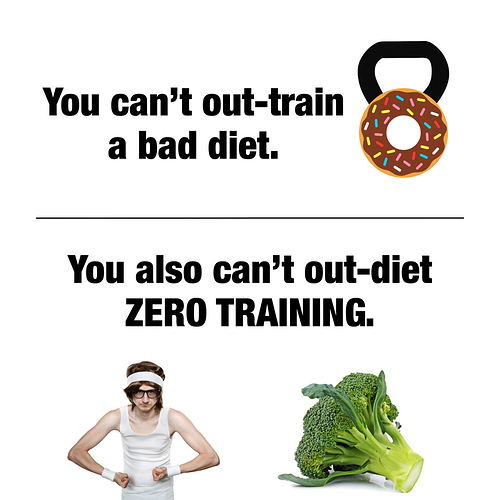I’m still new at this and trying to better understand carbs, glucose, insulin, starvation mode, fat-burning, etc.
Background:
- I’m 5’2", 170 pounds, wanting to lose 30-40 pounds, female, 50 years old.
- Desk job mostly, with brisk walking to/from meetings about 2 miles per day.
- BMR ~ 1,475, RMR ~ 1,600.
- Eating to satiety, approximately 1200 calories per day.
- Two meals a day.
- Not fat adapted.
Edited to add:
- Started 6/12/19
- Lost 17 pounds so far
If I eat less than 15g total carbs (usually net 7-8g) each day, and getting the majority of the rest from fat:
-
I should be burning fat calories for the most part, correct?
-
What would stop that from being the case if I am strict about carb intake? Am I missing an important factor in this equation maybe?
-
And if I exercise, it’s best if I do so rIght before eating a meal (to keep the raised insulin “sessions” to a minimum), correct?




